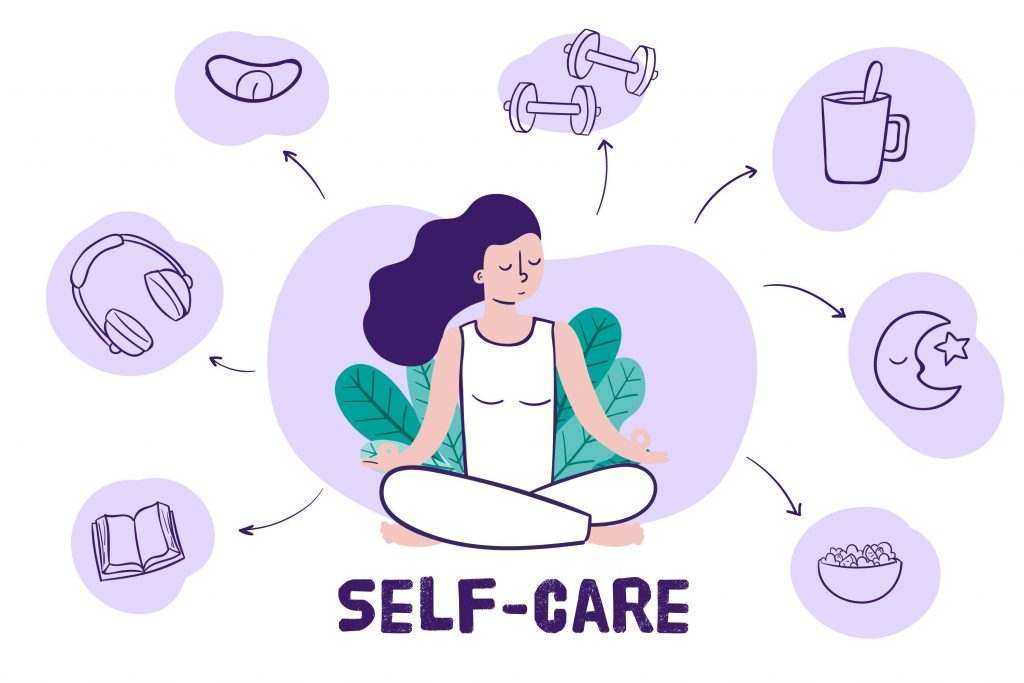- Empty cart.
- Continue Shopping
The Importance of Self-Care for Mental Health

In today’s fast-paced world, stress and mental health challenges are becoming increasingly common. While professional help is invaluable, self-care is often an underemphasized yet crucial aspect of maintaining good mental health.
What is Self-Care?
Definition
Self-care refers to the practice of taking intentional actions to care for one’s physical, emotional, and mental well-being. It’s not just an indulgence but a necessity for maintaining balance and health.
Components
Self-care can be broken down into various components, including:
- Physical self-care: Exercise, sleep, and nutrition
- Emotional self-care: Stress management and emotional regulation
- Mental self-care: Mindfulness, relaxation, and cognitive exercises
Why Self-Care Matters for Mental Health
Stress Reduction
Regular self-care practices can help manage stress, which is a significant contributor to mental health issues like anxiety and depression.
Emotional Resilience
Self-care can build emotional resilience, equipping you to handle life’s ups and downs more effectively.
Improved Self-Esteem
Taking time to care for yourself can also boost your self-esteem and self-worth, reinforcing the belief that you are valuable and deserving of care.
Better Relationships
When you’re mentally and emotionally balanced, you’re better equipped to handle interpersonal relationships, leading to improved social well-being.
Practical Self-Care Tips
Exercise Regularly
Physical activity releases endorphins, which are natural mood lifters. Even a short 20-minute walk can make a difference.
Prioritize Sleep
Lack of sleep can severely impact your mental health. Aim for at least 7-8 hours of quality sleep each night.
Mindfulness and Meditation
Practices like mindfulness and meditation can help you become aware of your thoughts and feelings, making it easier to control your emotional responses.
Set Boundaries
Learn to say no and set boundaries to protect your time and emotional energy.
Challenges and Solutions
Time Constraints
One of the most common challenges people face is finding the time for self-care. The solution lies in prioritizing and scheduling self-care activities just like any other important appointment.
Guilt and Stigma
Some people feel guilty for taking time for themselves. It’s crucial to remember that self-care is not selfish; it’s essential for your well-being and for you to function effectively in your roles.
Financial Barriers
While some self-care activities may involve costs, many are free. Walking, meditating, and spending time with loved ones are examples of cost-effective self-care.
Conclusion
Self-care is an essential, yet often overlooked, component of mental health. From stress reduction to improved emotional resilience, the benefits are manifold. While challenges like time constraints and guilt may arise, solutions exist to make self-care a feasible and integral part of your life. By incorporating self-care practices into your daily routine, you’re not just indulging yourself; you’re taking a proactive step towards maintaining your mental health and overall well-being.








